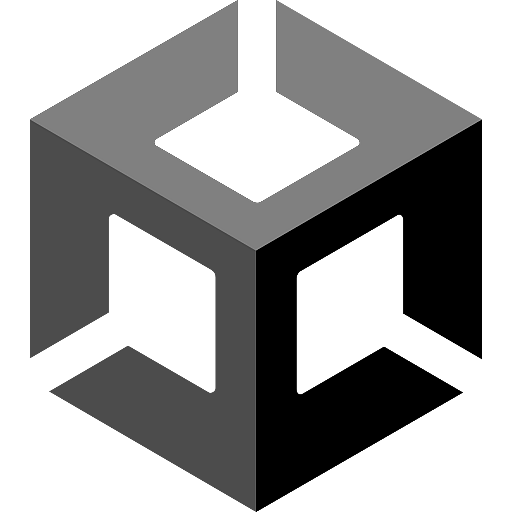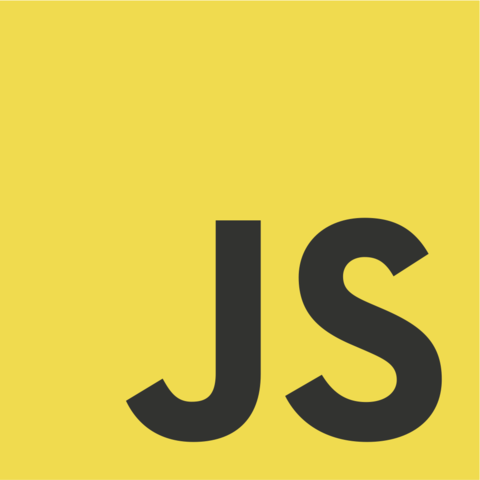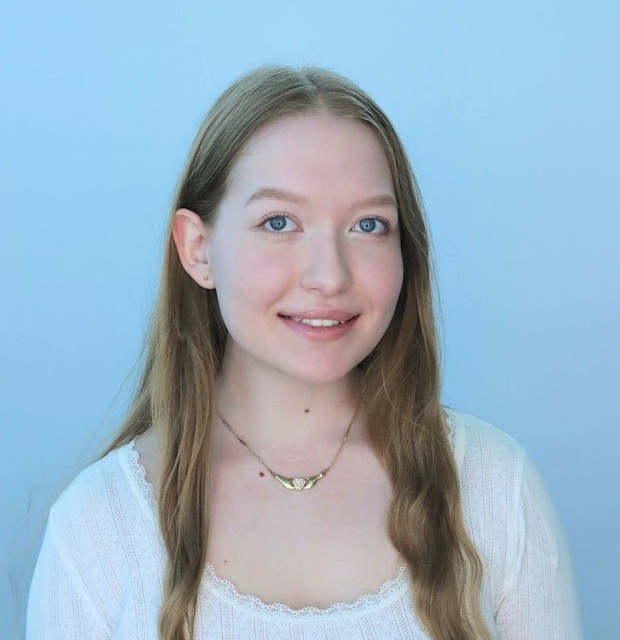
Veronica "Nonika" Reingold
Software Engineer and Game Developer
MSc in Computer Science Student
Tech Stack
Projects
Cat Caretaker
Play Source Code
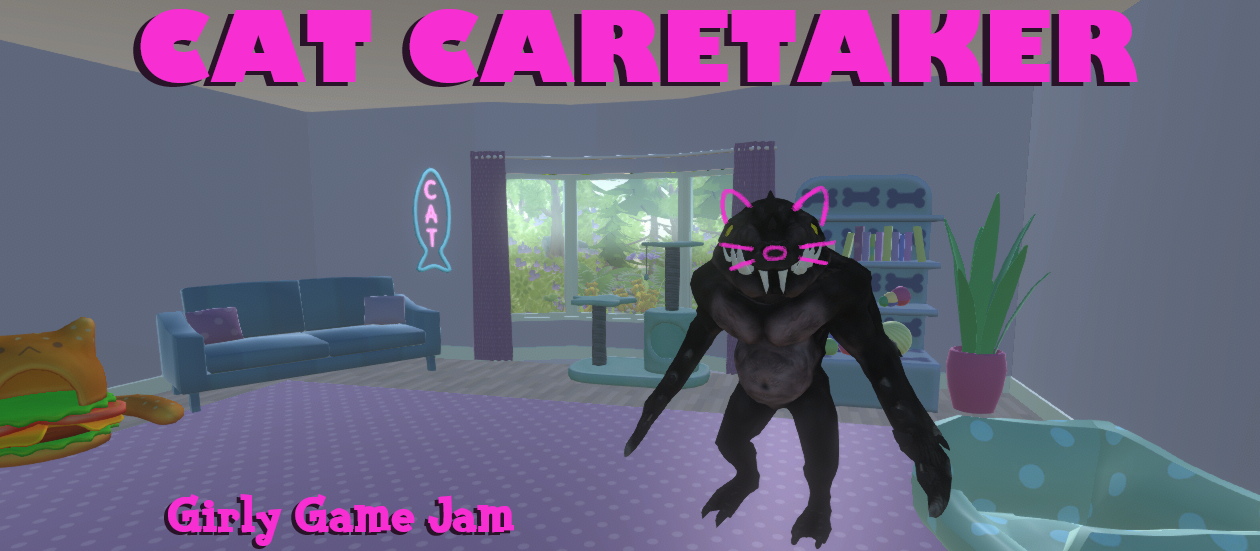
- Unity game made in four days for a game jam.
- Implemented an AI agent controlled via a finite state machine.
Little Alien Jumps Home
Play Source Code
Play on desktop
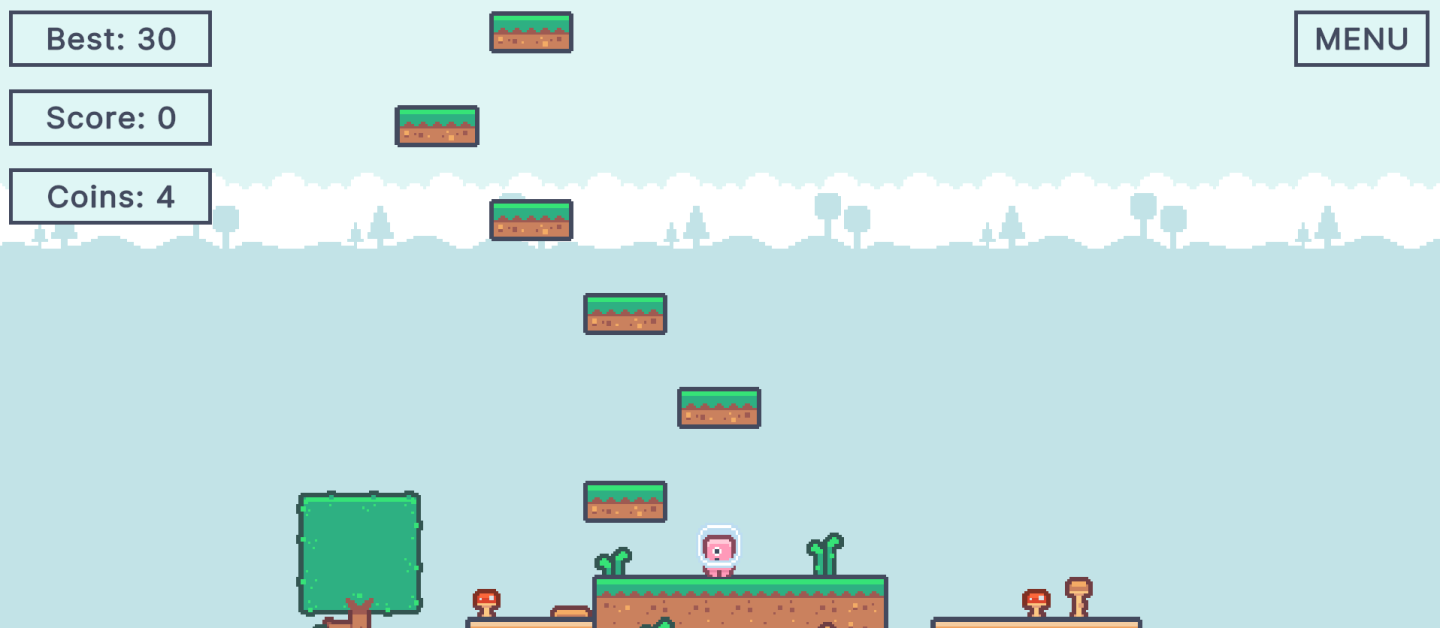

- Developed an infinite game loop with efficient object pooling.
- Implemented animations, user interface design, scene management, and persistent player data.
H&M Virtual Closet
Source Code

- Programmed a virtual closet with a drag-and-drop user interface allowing customers to put together outfits.
- Won awards for the best and most creative project.
Artificial Intelligence for Games Projects
Source Code
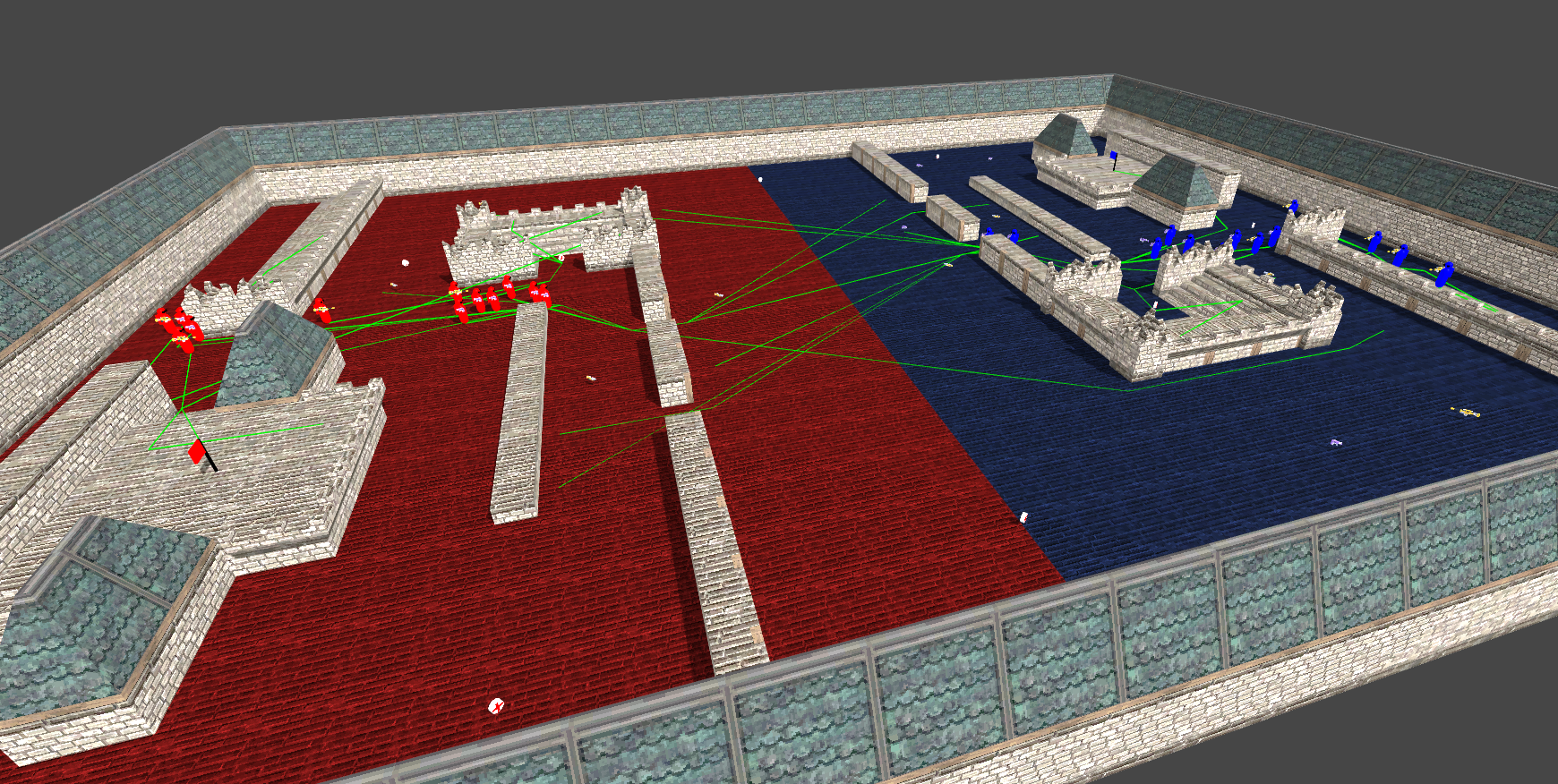
- Implemented sensors and actuators, finite state machines, navigation, and multi-agent behaviours.
- Developed visual graphs for defining state machines and tracking their transitions.
Dungeon Crawler
Source Code
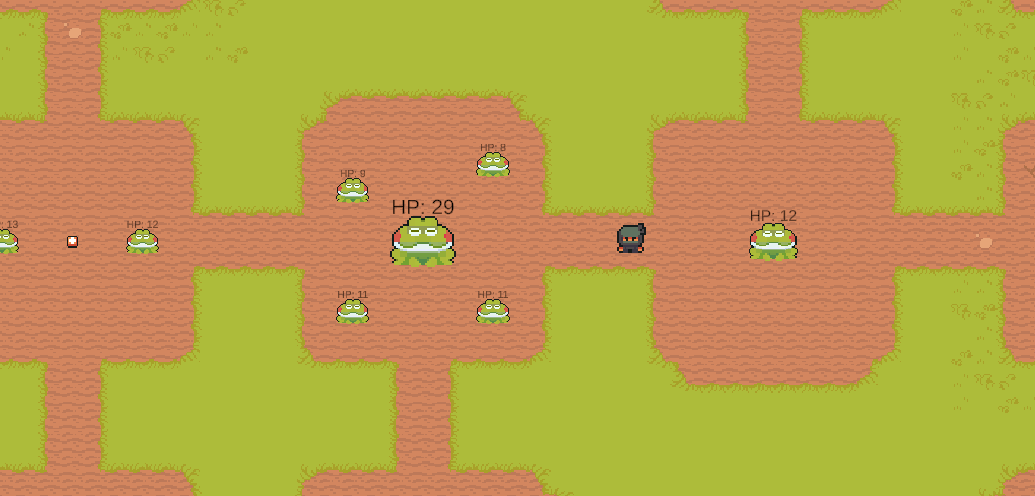
- Implemented procedural generation techniques including a random walk algorithm.
- Designed algorithms to detect room access and spawn enemies.
Bazar Ukranian & International Food Website
Website
- Developed a lightweight, single-page website.
- Configured the domain, email, and hosting.
Experience
Software Developer
March 2025 to Present
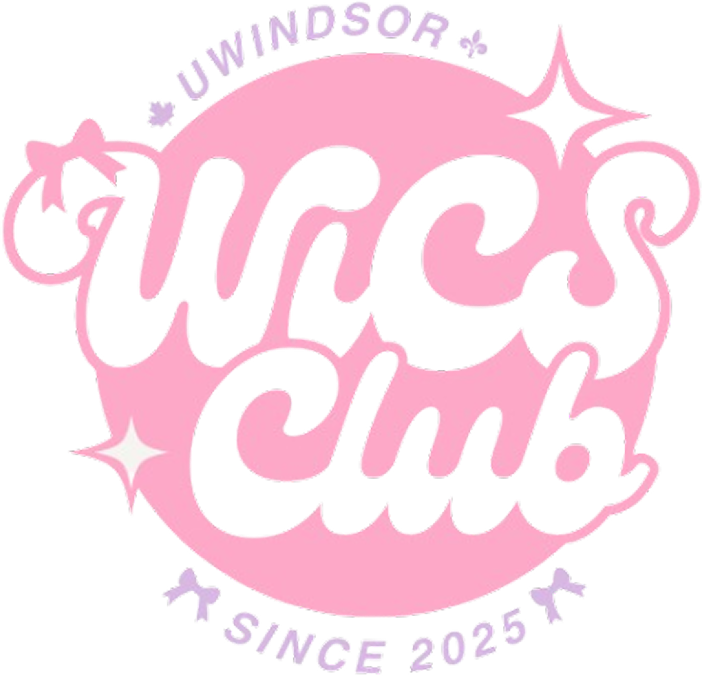
Website Source Code
- Developing the club's website in React.
- Collaborating with team members to manage and organize tasks.
Graduate and Teaching Assistant
January 2023 to Present
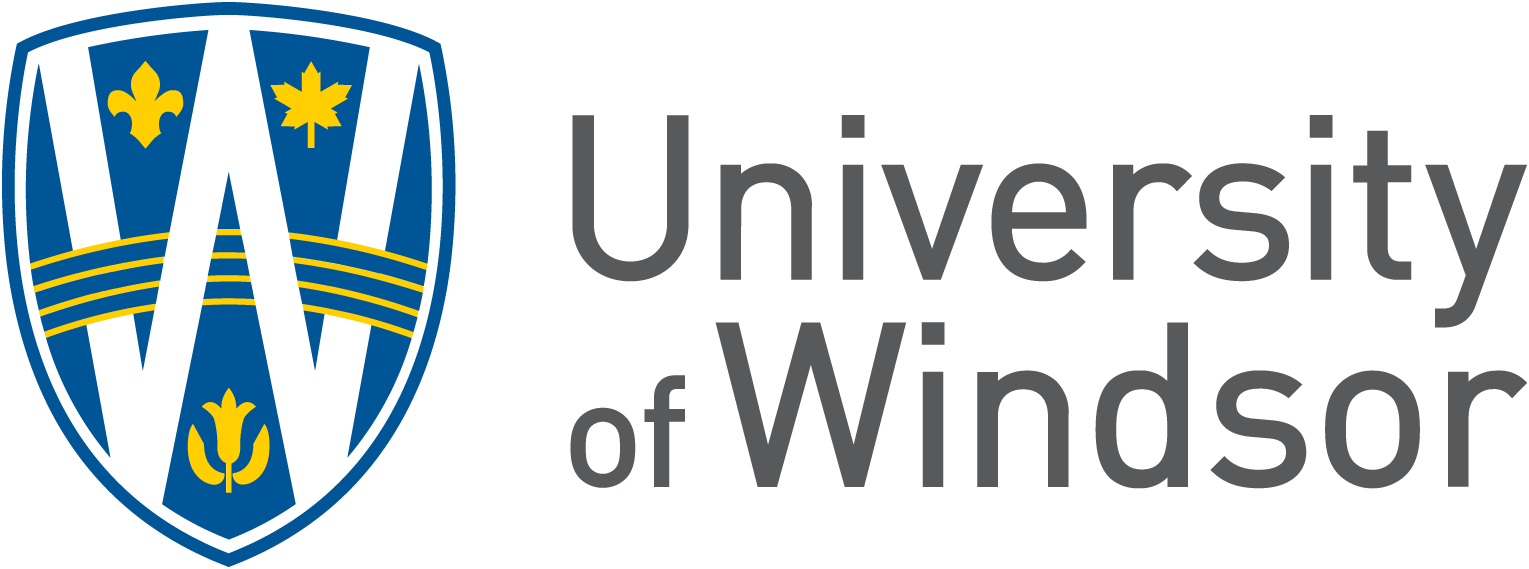
- Instructed students on game development with Unity.
- Taught artificial intelligence concepts, algorithms, and data structures.
Software Developer
Local Business Website
- Developed software applications, with a primary focus on web design.
- Offered advice on application design, Unity, C# development, and graphic design.
Programmer
September 2014 to June 2017

- Programmed the team's robots in Java.
- Led presentations to local businesses for partnerships and funding.
Education
 Transcript
Transcript
MSc in Computer Science
Artificial Intelligence Stream
Started May 2025
93% Average
93% Average
Honours Bachelor of Computer Science
Game Development Specialization
Graduated with Great Distinction June 2024
94.8% Average
94.8% Average
Minor in Mathematics
88.33% Average
Minor in Communication, Media and Film
86.17% Average
Activities
Speaker
November 3 to 4, 2025
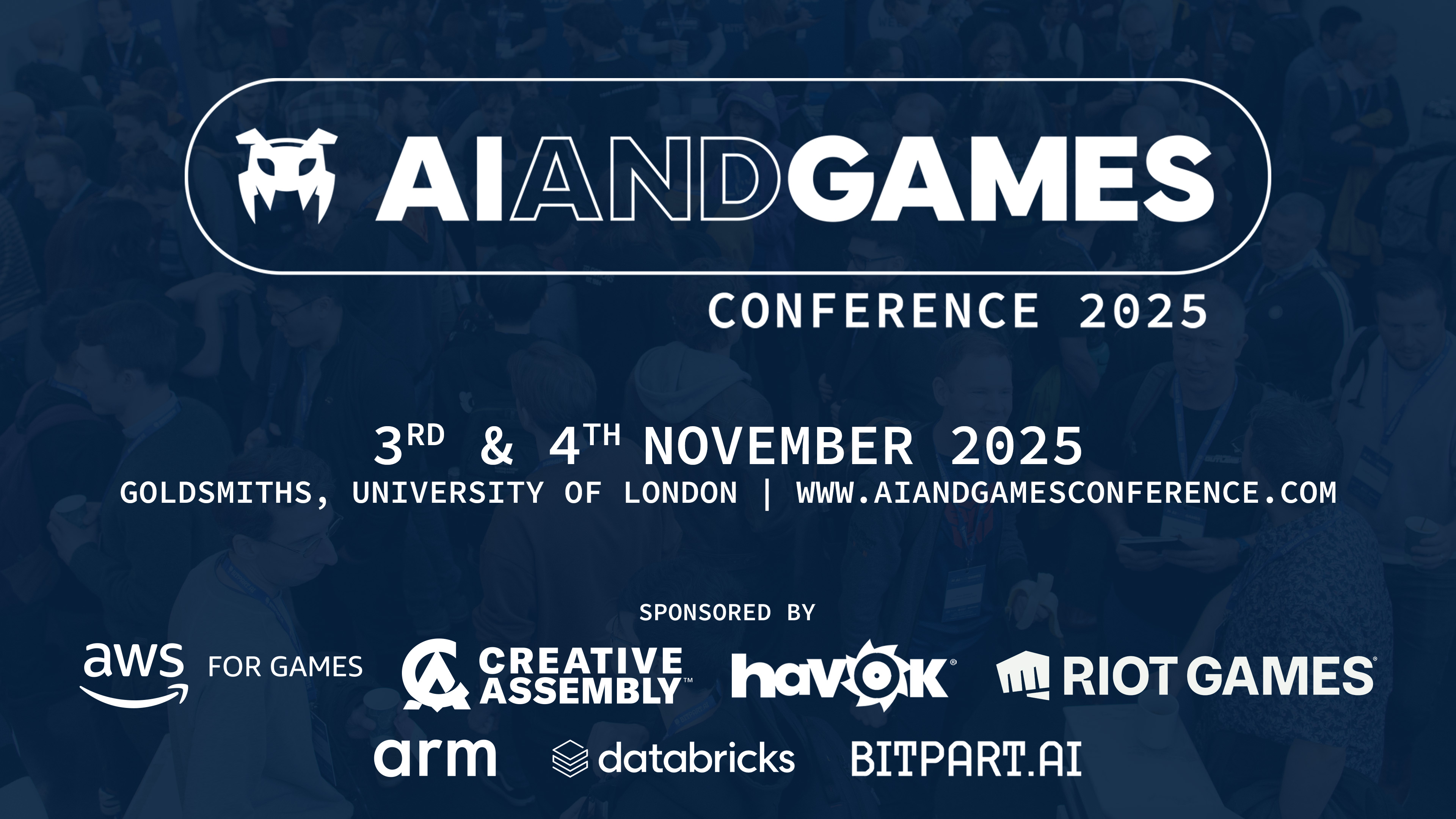
- Presenting "Press A for Assistance: Making Games Accessible with AI".
Guest Lecturer
April 15, 2024
- Presented a lecture on accessibility in games for the school's first game development course.
Artist








- Artist with experience across multiple mediums and disciplines.
- Experience creating digital designs with tools like Adobe Photoshop and short animations with Adobe Animate.
- Crochet pattern author.
Awards
$32,000 Total in Scholarships
Vector Scholarship in AI
$17,500 ● Vector Institute

Master's Research Entrance Award
$7,500 ● University of Windsor

